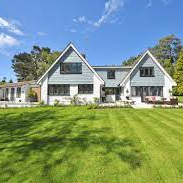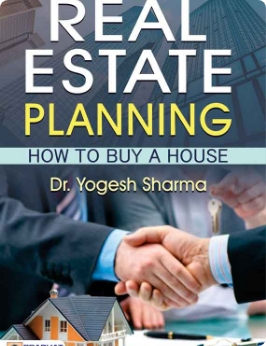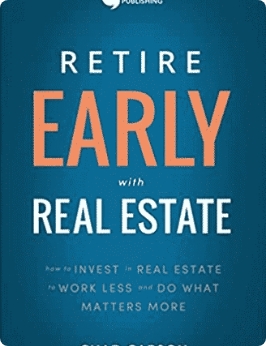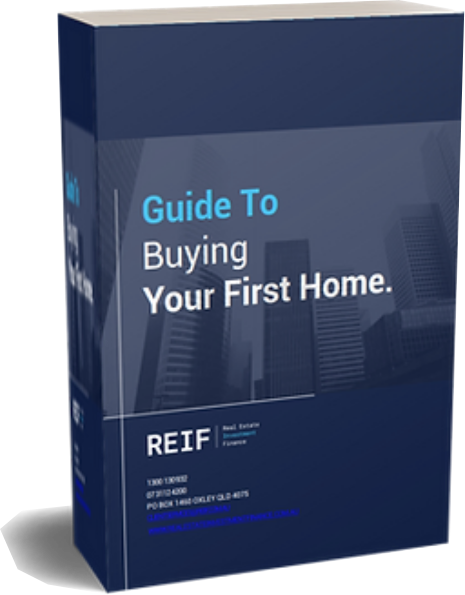Compared to the past, when the only lenders were the banks, homebuyers have the choice to explore various available options or alternative lenders in today’s world, which allows them to buy their dream home without breaking the bank.
Alternative mortgage lenders frequently provide more flexible possibilities than traditional lenders like big banks, making them your best choice if you have poor credit or a low gross income.
Everything you need to know about alternative mortgages
Here we will equip you with all the information you need to choose a mortgage alternative.
Who are they called alternative mortgage lenders?
Alternative mortgage lenders provide you with mortgage options not offered by traditional banks, such as an online mortgage application, speedier application procedure, special lending terms, etc. Hence, they are all lenders that aren’t the bank.
Alternative mortgage lenders are typically a viable choice if you have credit issues or an employment history that makes you ineligible for loans from more established banks.
What distinguishes them from traditional mortgage lenders?
The primary difference between alternative and traditional mortgage lenders is in the mortgage requirements. To get approved for a mortgage from a traditional mortgage lender, you must have proof of income and a high credit score.
Alternative mortgage lenders, on the other hand, are far more liberal with the requirements they expect from their borrowers viewing their mortgage application and instead concentrate on the amount of equity they have.
The different alternative mortgage lenders
Lenders generally fall under two categories:
- The direct lenders offer the loan to borrowers themselves
- The indirect lenders serve as a middleman between the actual lenders and the borrowers
However, they branch out into further types, as shown below.
Multiple-collateral mortgages
Multiple-collateral mortgages are when you ask a friend or family to put up their own home to help you gain mortgage approval. This is usually necessary if you have a low credit score and gross income.
Rent-to-own
This option allows interested borrowers to live in a property for an agreed period. The main purpose of this arrangement is to provide a long-term lease with the choice to buy at a predetermined price.
Private lenders
They are mortgage lenders with more accommodating mortgage terms. The borrower must make a 15-20% down payment, and the interest rates are much higher than banks.
Bridge loans
A bridge loan is a short-term loan that will improve your finances enough to qualify for credit from a conventional mortgage lender and immediately get approval.
Other alternative mortgages include B-lender mortgages and seller refinancing.
Why are alternative loans so common?
Even though their rates are often higher, alternative mortgage lenders offer greater flexibility than traditional lenders. With alternative mortgage lenders, homebuyers can now refinance properties thanks to alternative mortgage lenders.
Loans that alternative mortgages can provide
Conventional and alternative lenders typically offer comparable loan packages. Examples of loan packages available include home equity loans, home equity lines of credit, first mortgages, second mortgages, and debt consolidation for a mortgage refinance.
However, alternative mortgage lenders typically provide more flexibility than traditional lenders. Still, they also offer interest-only mortgages, CRA debt consolidation mortgages, mortgages for people with poor or bad credit, mortgages based on stated income, 100% rental offset mortgages, and mortgages for property taxes.
Contact Information:
Email: [email protected]
Phone: 6865559012













